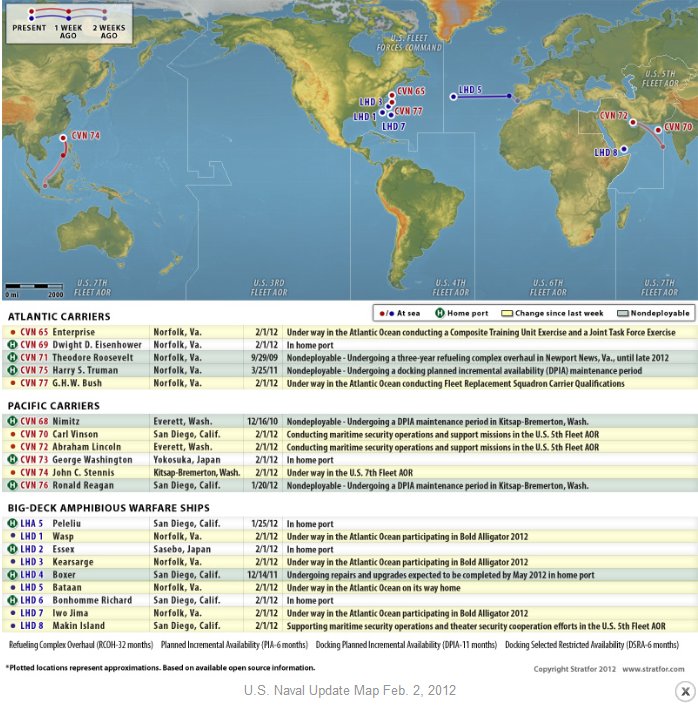I’ve updated my earlier post on the labour dispute at London’s EMC plant now that the current owners have announced the closure of the facility.
Update, 5 February: Mike P. Moffatt at Worthwhile Canadian Initiative debunks some of the media coverage of the closure:
After the U.S.-Canada Free Trade Agreement, GM Diesel closed their La Grange, Illinois plant and consolidated their production to the London plant, though kept the head office, research, design, and manufacturing of some components in La Grange. EMD London was a direct beneficiary of the U.S.-Canada Free Trade agreement, something I have yet to hear in the media. The domestic locomotive market, by itself, would not have supported the level of production we have seen over the last two decades.
In 2005, GM Diesel sold the Electro-Motive Division (including the GM Diesel plant in London and the head office in La Grange) to a couple of U.S. private equity firms, who re-named it Electro-Motive Diesel. In 2010, those firms sold EMD to Caterpillar.
[. . .]
We need to keep in mind that:
- EMD has always been a U.S. corporation.
- The intellectual property from research and design, etc. was from the head office in La Grange, Illinois.
So that leaves “know-how” which Cohn mentions in a follow-up paragraph. On Twitter, Colby Cosh asked: “Cohn talks about “know-how” but (a) know-how isn’t IP and (b) Cat doesn’t seem to have much use for the workers who have it, do they?” Caterpillar, however, did send a number of employees from London to their new plant in Muncie, IN, to train newly hired workers. I am Facebook friends with an EMD worker and I remember him objecting loudly to this last fall. But did Caterpillar really buy EMD so that it could obtain the talents of a dozen guys to teach advanced welding techniques?
There are a lot of narratives to this story, many of them unpleasant. A narrative about a U.S. company buying Canadian IP at 15 cents on the dollar does not pass the sniff test, however.
Update the second, 7 February: Andrew Coyne gets his inconvenient, yucky facts in our lovely flag-waving, anti-capitalist nationalistic fantasy:
EMD never received any subsidies from the federal government; certainly not since Caterpillar bought it. Indeed, looking through the hundreds of pages of “grants and contribution” in the Public Accounts, it may be the only company in the country that didn’t. The Harper visit to which Olive refers was to promote a tax break for the purchasers of locomotives, not the manufacturers. The visit occurred in 2008, two years before the Caterpillar purchase.
It’s not clear how the foreign investment laws could have been invoked to cover a purchase of an American company by another American company, or if they could, why this should be the pretext for “demanding job guarantees.” Presumably if it is wrong for a firm to close a plant or lay off workers, it is just as wrong whether it has recently been the object of a foreign takeover bid or not. Perhaps you will say we should bar all companies from closing a plant. Okay: why would they ever open one? If workers, once hired, cannot ever be laid off, why would they ever be hired?
Of course, there’s always Olive’s suggestion of a punitive tariff, through which the cost of keeping jobs in London locomotive plants could be shared by consumers and businesses across the country. (You’re welcome.) This would recreate the system of foreign branch plants that existed in the days before free trade, small factories producing exclusively for the domestic market. Rather than lament at foreigners stealing our jobs and technology, the nationalists could once again lament at being tenants in our own land.




